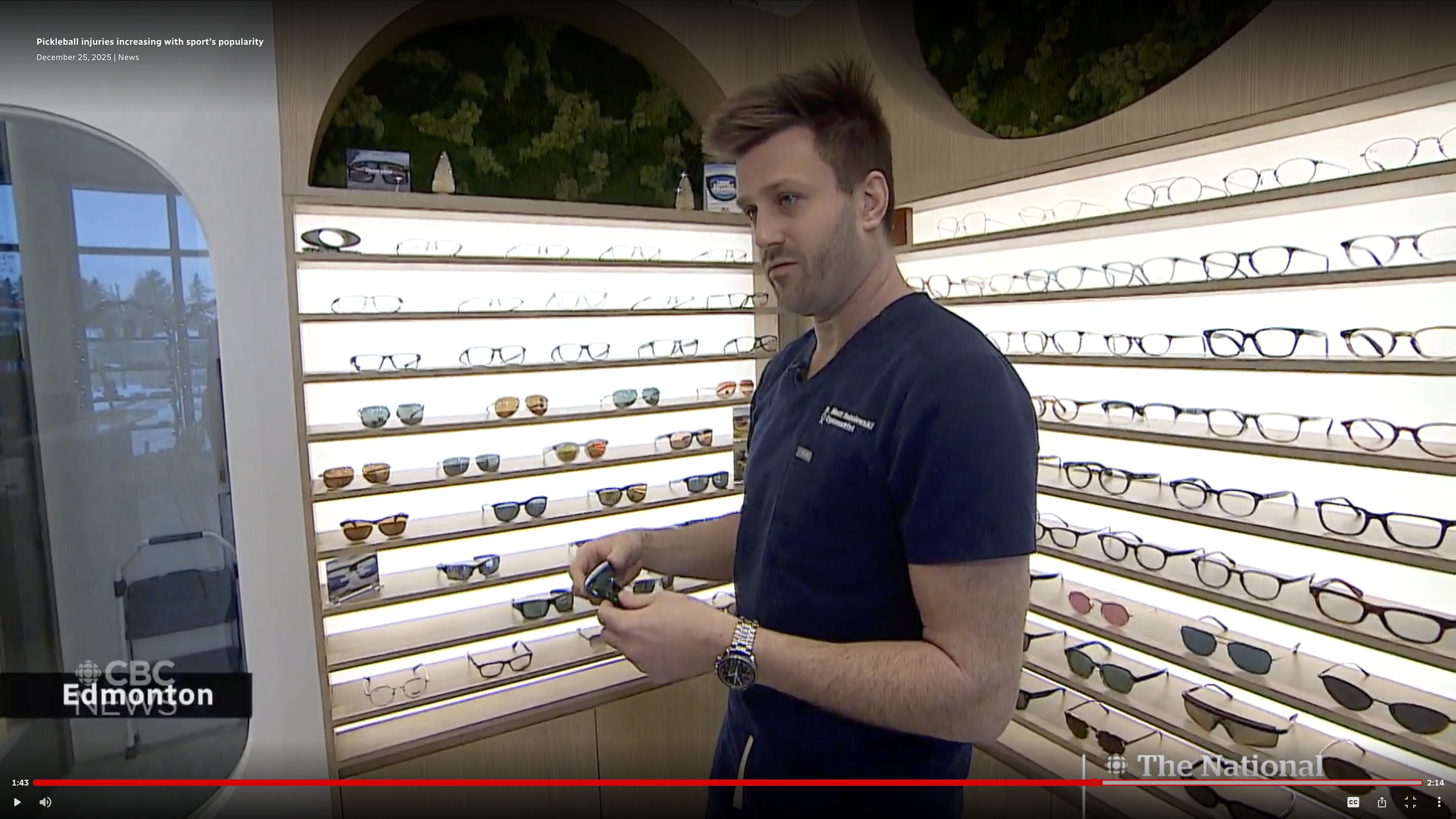How to Deal With Itchy Eyes
Most people experience itchy eyes at some point in their lives. While there are many potential causes, the most common is an allergic reaction.
If you're experiencing itchy eyes, sneezing, red eyes, puffy eyes, or a runny nose, you can do a few things to relieve the symptoms and get relief from the itch.
Why Do Your Eyes Itch from Allergies?
You may experience itching in your eyes as a symptom if you have allergies. Itchy eyes are caused by histamines released in response to an allergen. When histamines come into contact with the eyes, they cause the blood vessels to dilate and the skin to become inflamed, leading to itching and a strong urge to scratch. While this may provide temporary relief, scratching can worsen the problem by further irritating the eyes and causing them to produce more histamine, the substance that causes allergic reactions.
6-Home Remedies for Itchy Eyes from Allergies.
#1 - Take an Antihistamine Medication.
Antihistamines are a type of medication that can help to relieve allergy symptoms by blocking the action of histamine. This substance is produced in response to an allergic trigger. There are many different types of antihistamines available, both over-the-counter and prescription. Some common examples include loratadine (Claritin), cetirizine (Zyrtec), and diphenhydramine (Benadryl). If you suffer from allergies, talk to your doctor or pharmacist about whether an antihistamine might be right for you.
These medications have a reputation for making you sleepy, although some of the newer formulations no longer have this side effect. If you suffer from ocular allergies, talk to your eye doctor or pharmacist about whether an antihistamine might be right for you.
#2 - Apply a Cool Compress.
A cold compress is a simple and effective way to relieve the symptoms of allergies, such as hay fever, hives, and insect bites. The application of a cold compress can help to reduce swelling and itchiness, as well as numb the area to provide relief from pain. To use a cold compress, simply wet a clean cloth with cold water and apply it to the affected area for 10-15 minutes. Repeat as needed until the symptoms subside. If you experience pain or discomfort, discontinue use immediately and consult a medical professional.
#3 - Use Lubricating Eye Drops.
Lubricating eye drops are a safe and effective way to relieve the symptoms of seasonal allergies, such as itchiness, redness, and watering eyes. The active ingredient in most lubricating eye drops is glycerin, which helps to soothe and moisturize the eyes.
Lubricating eye drops help flush the allergen and the histamines out of the eye, which helps reduce the reaction. In addition, they are safe to use daily and will not cause drowsiness or interact with other medications.
Some over-the-counter eye drops like Visine for allergies will also help temporarily make your eyes look whiter. Still, Visine eye drops shouldn't be used long-term as they're only intended to be used for a few days as an acute fix. If redness persists beyond three days, you should also seek the care of an optometrist, as the problem may not be secondary to allergies. Other conditions like viral or bacterial eye infections can cause itchy eyes, as can certain eyelid infections like Blepharitis and Meibomitis.
#4 - Remove the Cause of Your Allergies and Keep Your House Clean.
One of the best ways to manage your allergies is to avoid the allergens or causes entirely. This might mean removing certain plants from your garden, using unscented cleaning products in your home, or taking measures to reduce pet hair. While this can be difficult, it is often the most effective way to manage allergies.
If you can't altogether remove the source of your allergies, you can consider adding a HEPA filter to your furnace. Or buy a premium stand-alone unit like the Austin Air Purifiers we use in our clinics. Not only will they help remove the allergens from the air, but they'll also help reduce the dust around your house.
If you have carpet in your house and the cause of your allergies is secondary to your dog, cat or other shedding household pets, we recommend vacuuming regularly and wearing a KN95 mask, as the vacuum will kick up a lot of allergens into the air.
#5 - Don't Wear Contact Lenses or Switch to 1-Day Contact Lenses.
Contact lenses can trap allergens right up against the surface of your eye, making your symptoms worse. In addition, if you experience ocular inflammation, the contact lens can become stuck to your eye and may lead to an infection. So, in general, it's recommended that you stay away from wearing contact lenses altogether if you're experiencing allergy symptoms.
Suppose you have chronic allergies that are well managed with oral or topical antihistamine medications. In that case, you can consider 1-day disposable lenses. The benefit of 1-day disposable contact lenses is that the allergens won't build up within the lens; each day, you get to put in a fresh pair. You also won't feel bad if you need to throw them away mid-day if you experience an acute allergy response.
#6 - Wear Sunglass Outdoors.
High-wrap sunglasses can help to shield your eyes from pollen and other allergens. Brands like Oakley and Wiley-X make some great options. Wiley-X sunglasses also come with foam gaskets, which can further keep airborne particles away.
Conclusion.
If you suffer from itchy eyes secondary to allergies, we recommend trying some of the above home remedies. However, if your eye allergy symptoms persist, make an appointment to see one of our optometrists as soon as possible. Eye appointments like this are covered under Alberta Health Care, so there is no cost to you for seeking advice and guidance from one of our eye doctors. Your optometrist may also discover that the cause of your itchy eyes is not related to allergies and may recommend a different treatment plan.
Emergency Eye Care Edmonton.
At Helio Optometry, we take emergency eye care seriously. Call us as soon as possible to book an appointment or book online. We also provide routine eye exams to ensure that your vision is sharp, clear and comfortable.










